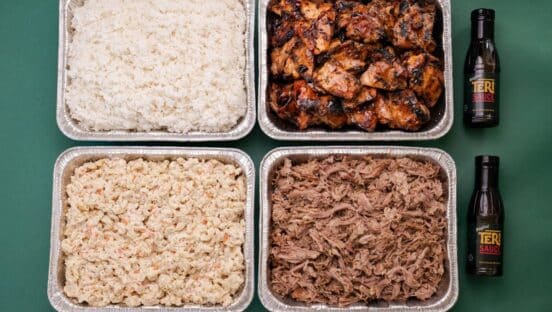Burger chains and other restaurants that rely beef menu items are monitoring sales and breathing a cautious sigh of relief, as U.S. consumers show confidence in U.S. beef despite a dairy cow in Washington state testing positive for mad cow disease.
The USDA has announced that records indicate the Washington state dairy cow that tested positive for bovine spongiform encephalopathy (BSE, also known as mad cow disease) was imported from Canada and that the cow was more than 6 years old—born before the United States and Canada instituted bans on feed containing potentially infectious material.
“So far we have had very few comments or questions from customers,” says Jack Graves, director of operations at Burgerville, a Vancouver, Washington-based chain. Graves says his staff met almost immediately after learning of the BSE case and decided to react with education.
“We printed handouts for our employees and guests. We wanted to make sure our people were confident in our supplies and could answer questions.”
The handouts list facts about Burgerville’s beef—that it never is older than 24 months at slaughter; that the chain only uses ground chuck, muscle meat that contains no central nervous system material (which scientific studies say is the only part of an infected cow that is dangerous); and that all Burgerville beef is steer (the BSE case was found in a dairy cow).
“We put this all in writing, but to be honest, I think we may have handed out five at all of our 39 restaurants,” Graves says. “Our customers just aren’t questioning the quality of our product.” And, Graves says, sales since the BSE case was announced have been relatively flat.
Several chains including McDonald’s, Wendy’s, and Burger King have issued statements saying sales have been unaffected by the BSE case. Time will tell, but for now restaurant officials like Jack Graves see reason to be optimistic.



